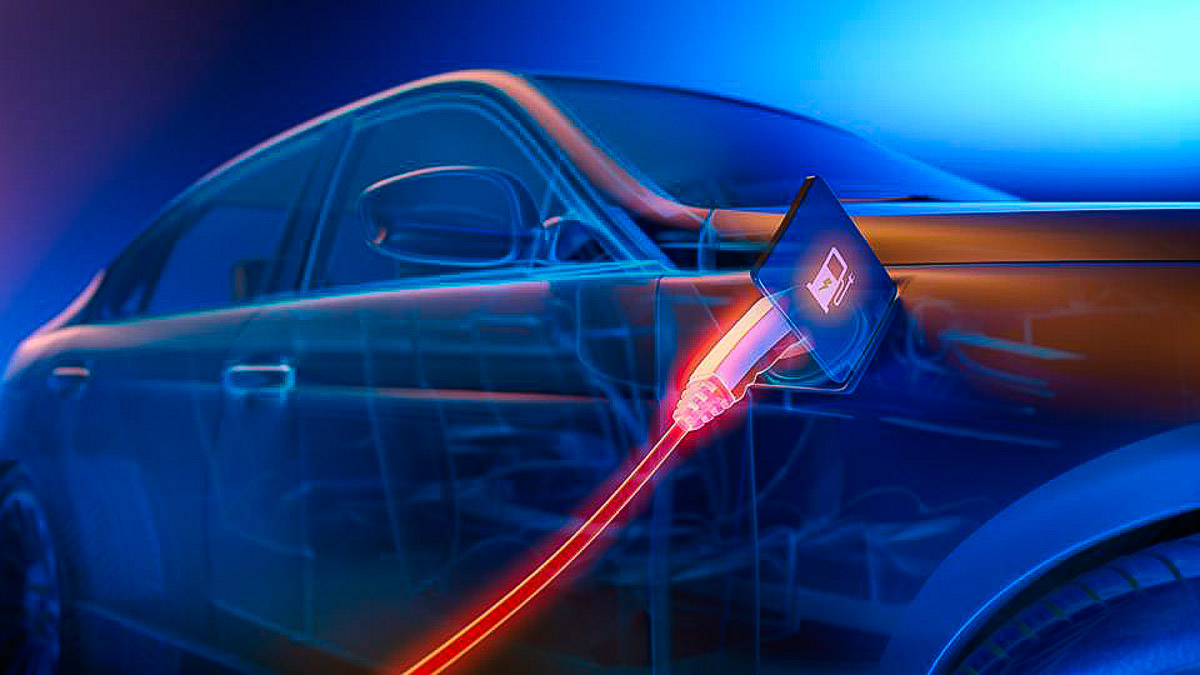Thirty-three countries, representing 18% of the global car market, have committed to accelerating the adoption of zero-emission vehicles (ZEVs). Twenty-three of these countries, accounting for 10% of the market, explicitly target a phase-out of fossil-fuel cars by 2040 at the latest. When combined with the EU’s Fit-for-55 package, a third of the global car market is now either covered by commitments to phase out fossil-fuel cars or actively promote ZEVs.
In addition, six of the world’s leading carmakers – GM, Ford, Mercedes Benz, Volvo, Jaguar Land Rover, and BYD – have also signed up. Among them, GM and Ford stand out for finally making a visible commitment to electric vehicles (EVs) – previously, Ford only intended to phase out gasoline and diesel vehicles in Europe, but has now expanded that target to its global operations. As recently as 2019, not one single carmaker had such a target.
The move to electric cars is becoming ever more globalised. India is a case in point. The world’s fourth-largest car market is committing to perhaps one of the most ambitious electric-vehicle transitions globally. At COP, the Indian motor industry has revealed new plans to ensure two-thirds of new vehicles are electric by 2030.
Meanwhile, Kenya, Morocco, Ghana and Rwanda are the first countries in Africa to back a ZEV pledge, while Mexico, Chile, Uruguay and Paraguay, among Latin America’s biggest markets, have also signed on.
The inexorable rise of EVs
The deal is by no means perfect – three of the largest car markets in the world (the US, China and Japan) have not signed up. The US and China are, nonetheless, heavily backing EVs. President Biden previously announced that half of all new passenger vehicles will be electric by 2030, while California, New York and Washington all signed the ZEV deal today. In China, all new cars must be “new energy” by 2035, and the share of all-electric vehicle sales will rise to 50% by 2035, BNEF forecasts. Moreover, Japan plans to stop selling new fossil-fuel cars in the mid-2030s, but it will continue to allow the sale of hybrids after this date.
But even countries that haven’t signed up are seeing a rapid transition. In Germany, EV’s share of the market has jumped from 3% in 2019 to 22% in the first half of this year, closely followed by France (2.8% to 16%), Italy (0.5% to 8%) and Spain (1.4% to 5.2%). They are poised to grow further with the new Fit-55 package and increased public funding for electrified transport.
A number of key carmakers also did not sign up, but that should not be mistaken for inaction. Yes, Toyota is a notorious laggard and risks being left behind in the electrification race. But Volkswagen has arguably one of the most ambitious electrification strategies in the industry and wants to dethrone Tesla by 2025. Moreover, Renault unveiled it is embarking on its “renaulution”, targeting 90% EV sales by 2030 and laying the foundations for large-scale battery production.
A rapid surge in EV sales is serving as the main impetus for this shift. Since 2015, EV sales have increased tenfold. In 2019, less than 3% of car sales were electric, according to a new BNEF report. This will double to seven million cars by the end of this year, surpassing the 10% threshold, Rystad forecasts. There is much work still to do, however. To align with a 1.5ºC trajectory, EVs need to account for more than 60% of global car sales by 2030, the IEA finds. That is why today’s deal is so important – each and every country and carmaker that commits to phasing out petrol or diesel vehicles will help accelerate a shift that is essential if we are to avoid dangerous temperature rises.





